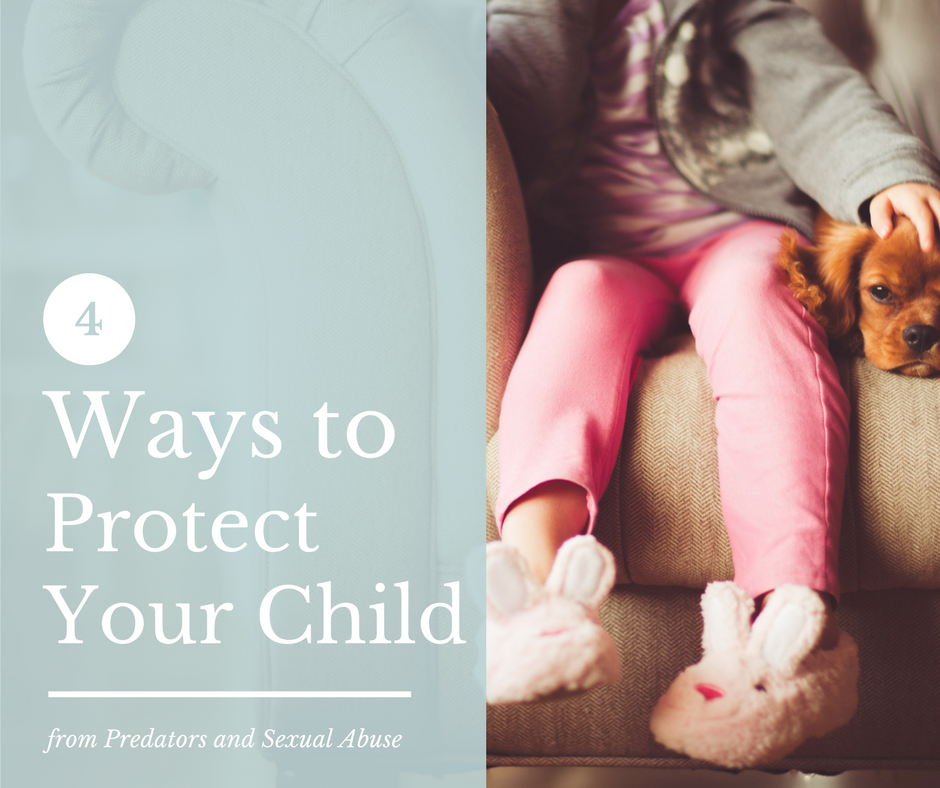 According to Kristen Jenson, founder of Protect Young Minds, abuse can happen to anyone. No one can completely protect a child from abuse. Jenson goes on to report that 93% of perpetrators are known by the victim. Click HERE to read more on how to identify the warning signs of perpetrators. So how can parents be pro-active in training their children to avoid dangerous situations and people?
According to Kristen Jenson, founder of Protect Young Minds, abuse can happen to anyone. No one can completely protect a child from abuse. Jenson goes on to report that 93% of perpetrators are known by the victim. Click HERE to read more on how to identify the warning signs of perpetrators. So how can parents be pro-active in training their children to avoid dangerous situations and people?
Read these four ways you can protect your children from sexual abuse as posted in an article by Protect Young Minds:
1. Start body safety rules and boundaries early. It is never too early to start educating a child on personal space and boundaries. Consider going through the Body Safety Education book with your child. Body Safety Education is a step-by-step guide filled with simple, practical and age-appropriate ideas, as well as important information on how abusers groom and signs a child maybe being sexually abused.
2. Be aware that pornography fuels child on child harmful sexual behavior. Help your young child reject "bad pictures" by reading them Good Pictures Bad Pictures. Included in the book are several body safety rules that help children say no to taking pictures of their private parts.
3. Teach young children about good secrets and bad secrets.
Perpetrators continue to abuse because they either threaten or bribe the child to keep the abuse a secret. Assure your child that it is always the right decision to tell you if anyone every tries to get them to keep an inappropriate secret.
4. Consider nixing sleepovers.
In her recent article, Warning Signs of Sexual Abuse-How to Protect Your Child, Jenson suggests that rather than having your child sleep over at a friends house, pick up your child up by 10 pm and offer to bring them back in the morning for breakfast. At the very least, don't allow your child to sleepover unless you know the family very well, have been over to their home multiple times and know exactly who will be there. Also, make sure your child has a code word or phrase if they need to call you to get them out of a difficult situation. Read more about creating code words HERE.
Click HERE to read the full article by Protect Young Minds.

